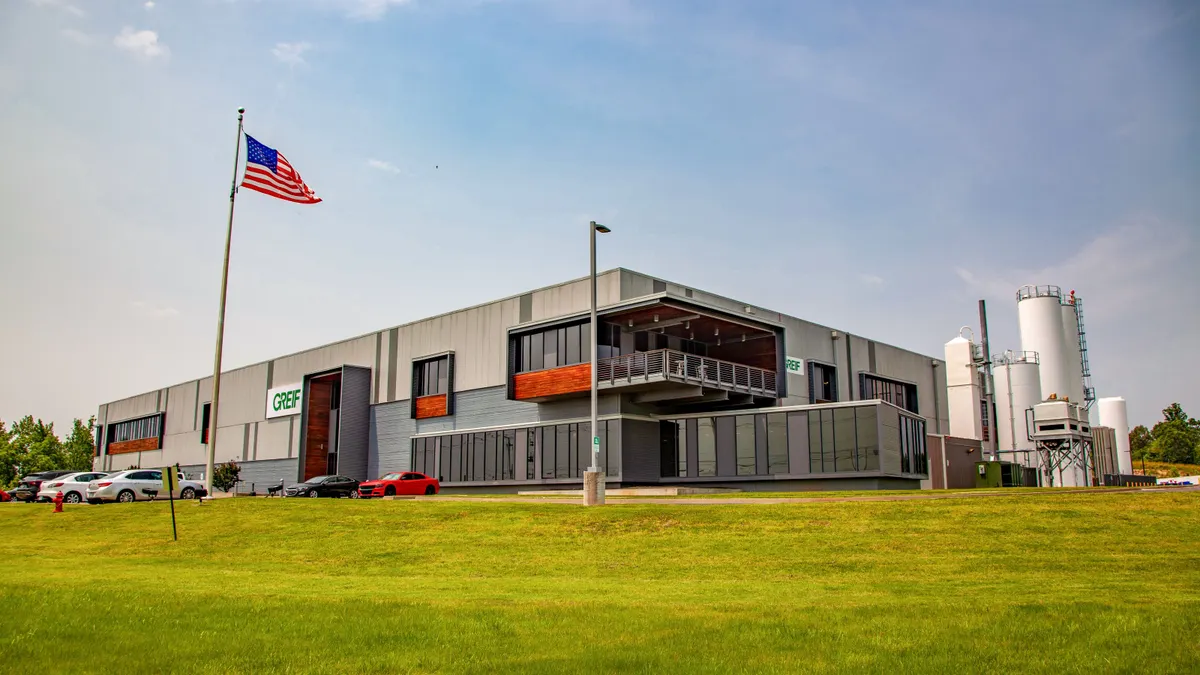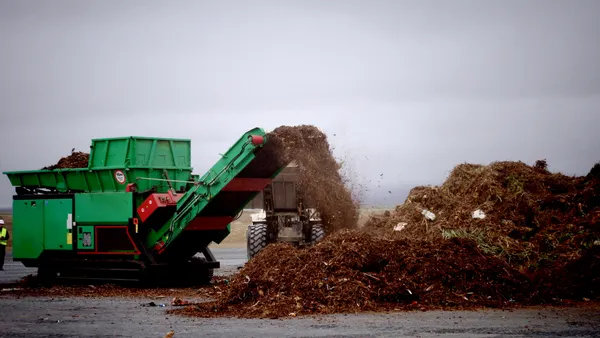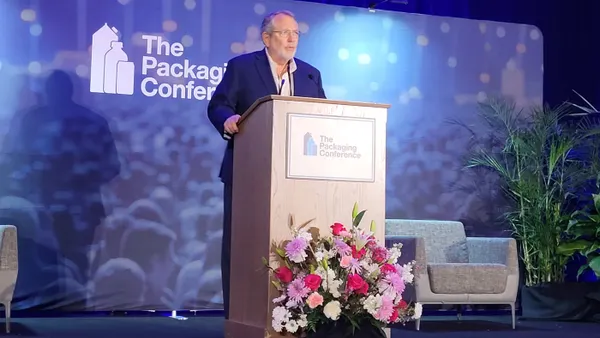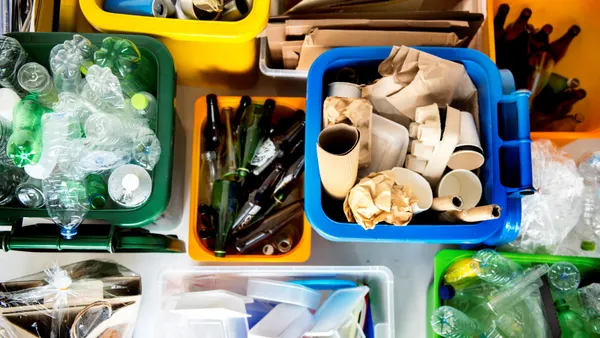IRVING, TEXAS — The long-awaited kickoff to a U.S. extended producer responsibility for packaging program is mere days away, with Oregon's start date July 1.
Despite some initial doubts from observers, producer responsibility organization Circular Action Alliance scaled and hit the obligation dates, said Jeff Fielkow, CEO at CAA, during a session at the Packaging Recycling Summit on June 25. “And we'll do that in every state that we're in,” he said.
“The first thing was, can you really do this? Like, how are you going to take this and make it actionable and implementable? I think we've proven that we are right there,” Fielkow said. “Now the next thing is, we're going to do it.”
In the lead-up to the March 31 deadline for producers to report 2024 data, “there were sleepless nights” among CAA staff, Fielkow said. When only a few hundred producers had reported in the two weeks prior to the deadline, CAA thought a lot of additional education was necessary.
“But it was just like tax season,” Fielkow said. “Everything came in ... in that last week, in the last hours.” He described it like a hockey stick curve that sharply turns up.
CAA decided to add a one-month grace period for producer reporting in Oregon. "My guess is we'll get that big surge in the last week or so" in Colorado as well, he said, referencing the July 31 reporting deadline in that state.
In fact, "I think that could be a norm" in other states, Fielkow postulated, while raising a cautionary note: “I can say waiting past the deadline doesn't help, because the obligations don't go away. Just the penalties get added on top of that.”
In Oregon’s case, food service proved to be one of the most confusing areas for producers, he said. For one, it was difficult to figure out who needed to report. “Sometimes it was getting back to the secondary and tertiary packaging” instead of a producer simply making a product that goes into a container, he explained.
For many participants, "this is a massive learning curve," but "it was just a matter of understanding how to gather the data," Fielkow said. And he said CAA is available as a resource to help companies through the process.
Although each state's law is different, CAA will aim for greater harmonization where possible to ease producers' experience. For instance, there’s one portal for reporting, one way to pay and one CAA team that producers can consult with questions, Fielkow said.
In addition, “we are working to ensure that in future states there is some level of harmonization, on either producer definition, or time required from the time it passes from state law to being implemented, or covered to materials. That is not easy and that requires more than CAA,” Fielkow said












